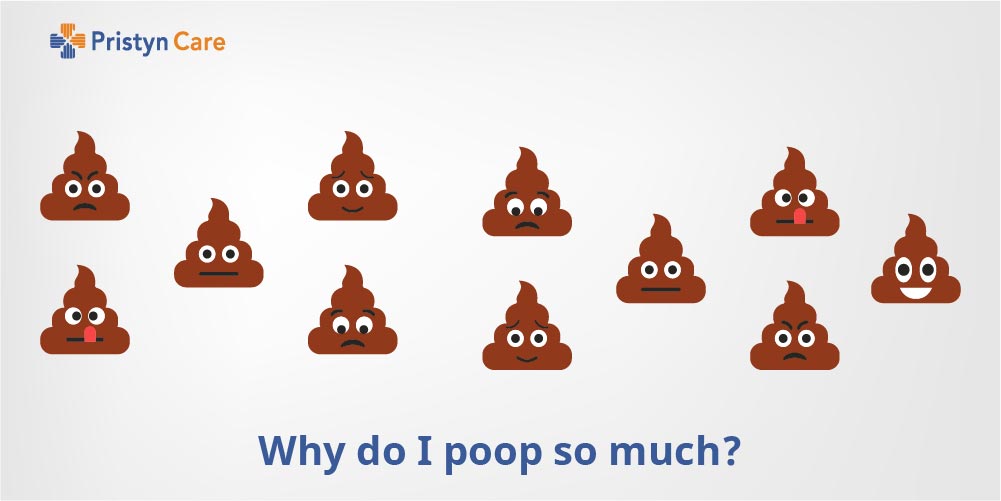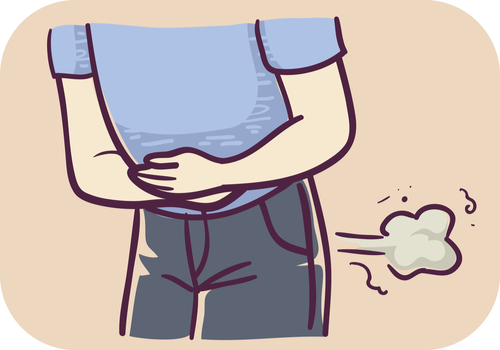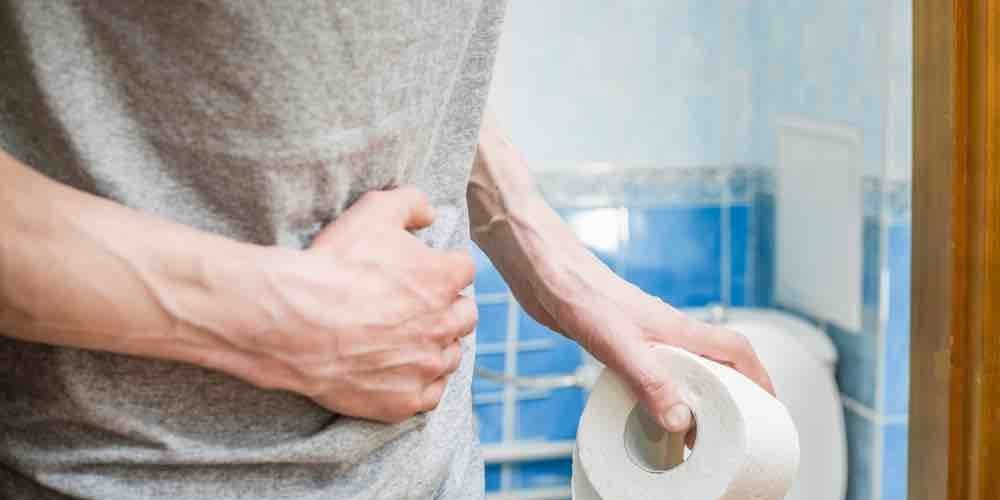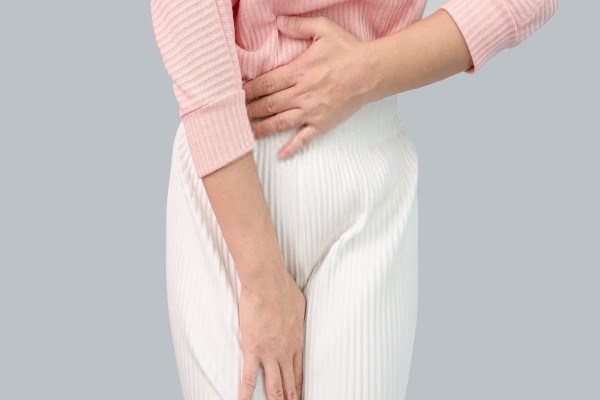
Pooping habits differ from one person to the other. There is not an exact number of times an individual should have bowel movements per day. Some may go for a few days without pooping while others may poop 1 or 2 times a day on average.
There are various reasons why an individual’s bowel movements decrease or increase. This can include a change in dietary habits, physical activities, infections, medications, anorectal problems, gastrointestinal disease, etc. An increase in the number of bowel movements is not mostly a cause for concern unless it is accompanied by other discomforting symptoms. Read ahead to find the common causes why are you pooping so much.
Table of Contents
Change in Diet

One of the most common reasons why people suddenly start pooping more is due to a change in diet. Increased intake of fiber can make you poop more than you used to. So, if a person suddenly starts pooping more around the time he started adding more vegetables to his diet, which is likely why he is pooping more. Diet rich in fiber also helps easy bowel movements and is helpful for anorectal problems including piles, anal fissure, anal fistula, chronic constipation, diarrhea, etc. (Also Read: Lifestyle Changes to Prevent Constipation? )
Infection

Viral and bacterial infections (anything from flu to E. coli) can be the reason for diarrhea and excessive pooping. This is normal, but, if the person also observes a bloody poop or fever along with it, he should get it checked.
Increase in workouts or other physical activities

Stepping up the workout routine can make one go to the toilet more than he usually does. You must be wondering why? Basically, exercises increase the muscle contractions in the colon, working stool out of the body faster than it did before. That is why patients with constipation, piles, fissure or fistula are often encouraged to work out more. (Also Read: Yoga Poses & Exercises to Cure Piles )
Irritable Bowel Syndrome or IBS

Irritable Bowel Syndrome or IBS is a serious and common problem. The condition is an intestinal disorder with symptoms such as pain in the stomach, gas, cramping, and can also make the person poop a lot. A patient with IBS experiences sudden cramping and abdominal pain associated with diarrhea or constipation. If you notice any of these symptoms in addition to a high frequency of passing stool, visit a proctologist.
Stress

Stress is another factor that can be responsible for a change in pooping habits, including pooping more than one usually does. People who already have gastrointestinal issues such as IBS, constipation, piles, fissure, fistula, etc, stress can act as a poop trigger. Many people have comparatively loose bowel movements when they are under stress. When the stress subsides, so should the number of times you need to use the potty.
Periods

Many females who are having periods or are just about to get their menses to have a looser or more frequent stools. It is likely due to a change in hormones (especifically progesterone) around the period cycle. This is actually normal. If the female only has to go to the toilet more often or have diarrhea around the periods, that is likely the cause.
Excessive intake of coffee

Coffee can often act as a promotility agent. It is because caffeine stimulates muscle contractions in the intestines, causing the person to have more bathroom visits. The more caffeine the person drinks, the more laxative effect it will have on the person.
So, the fix is easy here. If you are chugging cups of coffee every day and are rushing to the bathroom very frequently, try cutting down the caffeine amount you consume.
8. Inflammatory Bowel Disease or IBD

Inflammatory Bowel Disease or IBD is not the same as IBS. Types of IBD include Crohn’s disease and ulcerative colitis, which can cause chronic inflammation in the digestive tract. Other symptoms of IBD are fatigue, blood in stool, persistent diarrhea, severe abdominal pain and for some, also weight loss.
Over time, the condition of IBD can also cause permanent damage to the digestive tract. So, take it seriously and get a proper diagnosis and treatment to prevent further complications.
9. Medications

Certain medications including some antibiotics can change the working and functioning of the Gastrointestinal tract. This also includes the bacteria that are made in the system, which in return, may lead to diarrhea or more bowel movements. Increased bowel movements caused due to medications generally subside when the person stops taking the antibiotic or other similar prescriptions. (Also Read: Stool Softener in Constipation: Uses, Benefits And Side Effects )
Note- If the patient has abdominal pain or blood in the stool, he should immediately get in touch with a doctor. This could be a symptom of a serious problem like IBD, piles, fissure, fistula or an infection.
Treatment

Treatment for an increase in bowel movements depends on the cause behind it. In some cases, pooping more often is considered healthy. Until you are experiencing uncomfortable symptoms like severe abdominal pain, blood in stool, painful bowel movements, chronic constipation or diarrhea, fever, or so, you do not have to worry about it much. But if you do, get an appointment with a doctor.
Also Read:














